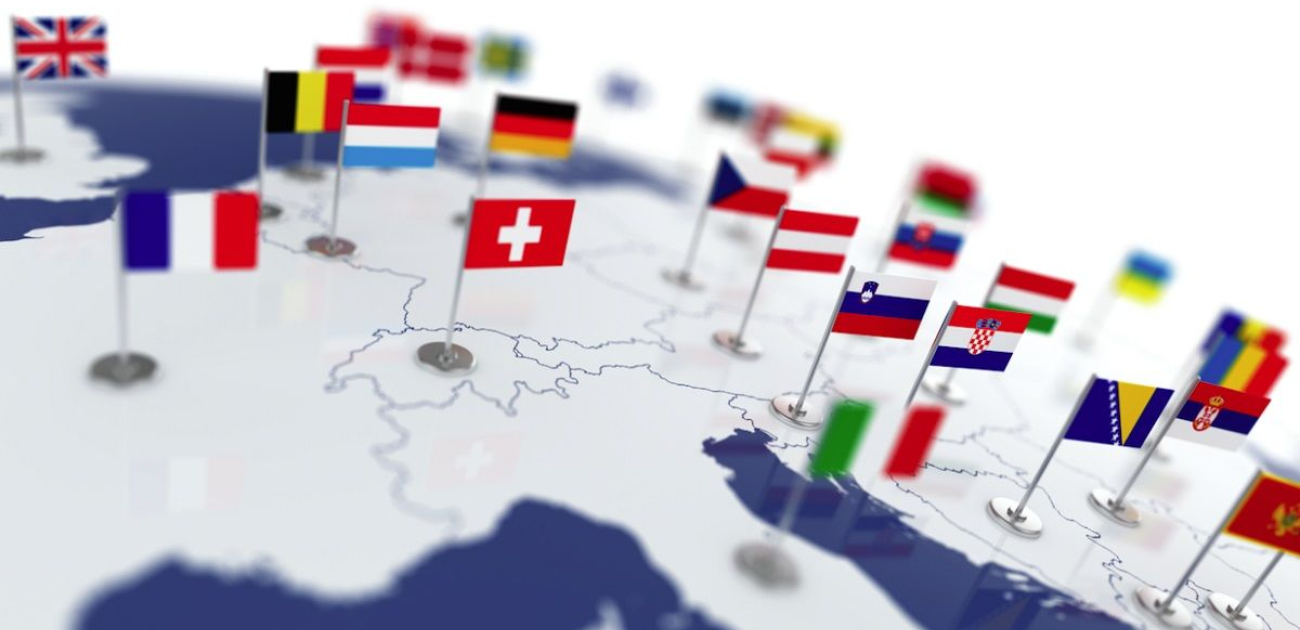Directive on Copyright in the Digital Single Market
The European Parliament has adopted a proposal of the Directive on Copyright in the Digital Single Market that, as it seems at least for now, deepened the gap between big internet companies and authors, journalists and other artists, due to the fact that intellectual creations so far have freely circulated in the internet.
The Directive stipulates that prior to the publication of content, the internet company would have to purchase licence from media publisher, collectively referred to as “link tax”, i.e. the Directive provides payment of internet service fees for each set of links to news published for the last 20 years. In addition to this Article 11, the article that has caused the most criticisms is Article 13 of the Directive, and the same provides for the installation of an “upload filter” to ensure protection from copyright infringement in relation to all contents placed on the internet throughout the European Union. Therefore, the internet companies have to use the “upload filter” for all contents to determine whether there is author’s consent for publishing the same or publishing the same would be treated as infringement of copyright, while the “link tax” which has to be paid imposes an obligation for internet platforms that within the frames of a single digital market a royalty should be paid to authors for all published creations, even if it relates to quotes, and the amount should be negotiated with respective authors.
In fact, these two articles of the Directive (Article 11 and Article 13) are the most disputed by the internet companies and news agencies, since these articles are undefined, i.e. these articles do not specify which participants are excluded from the application of the Directive, and therefore liability for copyright infringement switches to the internet companies.
From all the above stated, it is evident that for unauthorized disclosure, large Internet companies will take over the responsibility so they will have to conclude contracts with interested parties in advance, set up an automatic filtering software to prevent copyright infringement and ultimately pay fees to authors.
The issue of implementation of the Directive, especially when its opponents are the largest Internet giants (GAFA) must be separately elaborated and identified, and the method and measure of implementation of the Directive in non-EU countries, which are certainly covered by this Directive, must be determined. Although the idea of the Directive itself is, that authors receive compensation for contents published by other portals and social networks, these regulations will have a different impact on the companies as a number of companies will have the resources to acquire filtering software and pay fees, while smaller companies will still need to calculate if they want to survive on the market.
Given that the approaches and opinions on the adoption of the Directive are contradictory, and that lobbying between large Internet companies and news agencies continues, it implies that the implementation of the Directive will be quite a long process.
Do you want more information?
 Tijana Tatic
Tijana TaticTijana Milacic is an Associate employed by the Law Firm SAJIC since 2015. Tijana graduated from the University of Belgrade Law School in 2014.
